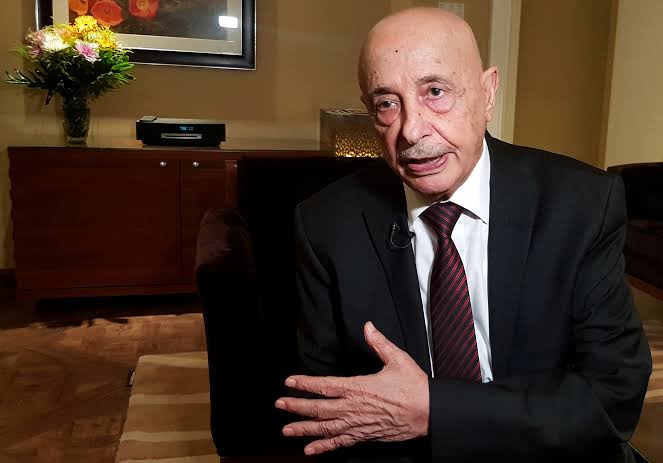The speaker of Libya’s eastern-based parliament, Aguila Saleh, announced a decision on Sunday to reduce the tax on foreign currency purchases from 27% to 20%. This adjustment, which represents a 7% decrease on the official exchange rate, was confirmed by Abdullah Bliheg, the spokesman for the Libyan House of Representatives.
The speaker’s decision outlines that the revenue generated from the new tax rate will be allocated for development project expenses or added to the Central Bank of Libya’s specialized resources to help pay down public debt. This change reflects a strategic shift in how these funds will be utilized, focusing on both developmental initiatives and financial responsibilities.
In a related development, on September 26, delegations from Libya’s eastern and western legislative bodies signed an agreement facilitated by the United Nations to resolve the leadership crisis at the Central Bank. This agreement includes the appointment of an interim governor and deputy governor for the bank. Both the House of Representatives in Benghazi and the Supreme Council of State in Tripoli have nominated Naji Muhammad Issa Belqasim, currently the Director of the Department of Monetary and Banking Control at the Central Bank, to serve as the interim governor.

